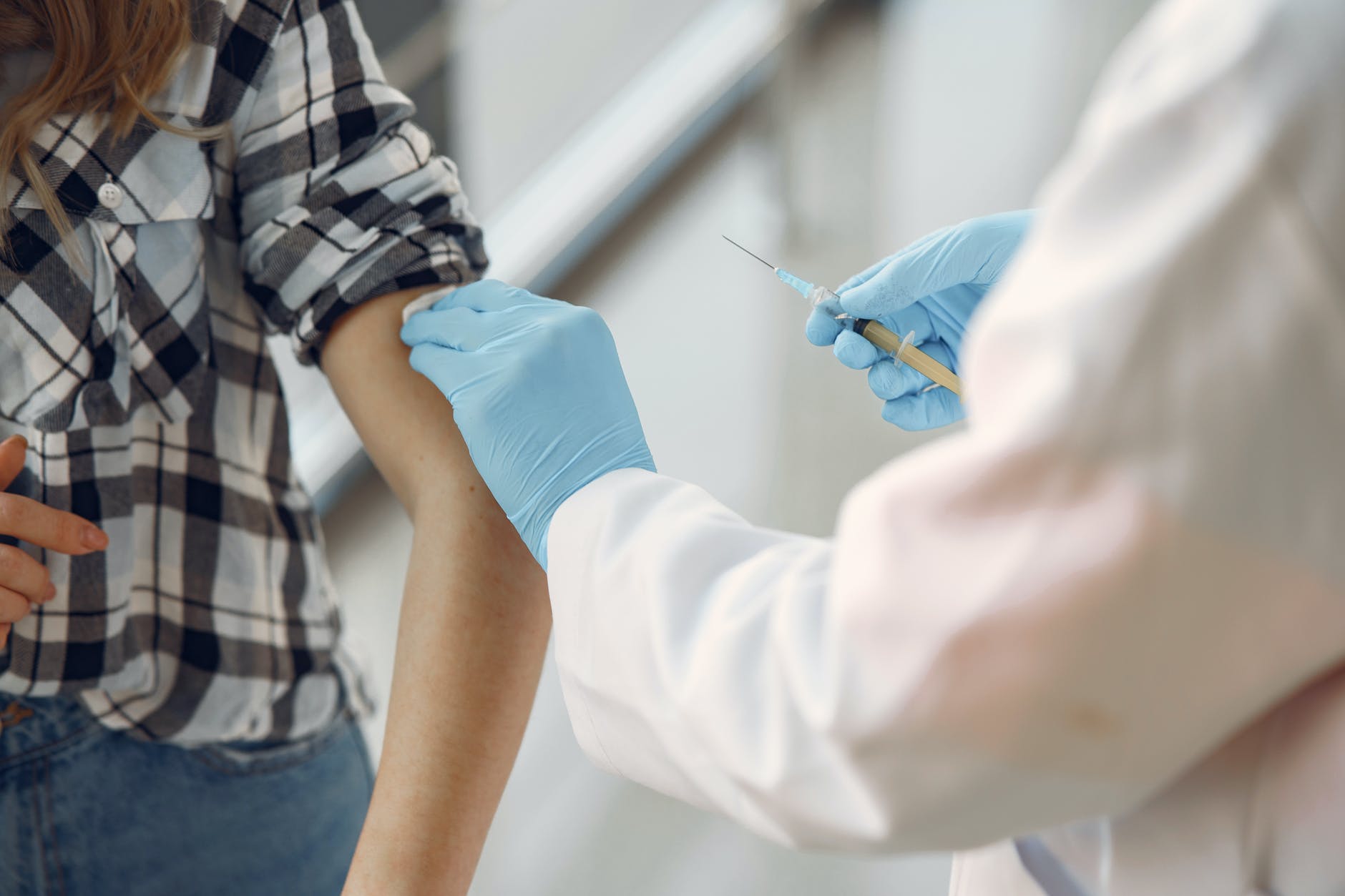News
Palace allays fears on China’s ‘vaccine diplomacy’

Even if China would attempt to put pressure on the Philippines, Sta. Romana said the Philippines would not budge. (Pexels photo)
MANILA – Malacañang on Monday allayed fears that China could put pressure on developing countries such as the Philippines to support their commercial and political interests in exchange for the supply of vaccines against the coronavirus disease 2019 (Covid-19).
Presidential Spokesperson Harry Roque made this assurance after Singapore-based research institute Yusof Ishak Institute warned that China’s vaccine diplomacy is not unconditional and could put pressure on developing countries when it comes to geopolitical issues.
“Anong pressure ang ia-apply ng China sa atin? Eh ang ating polisiya po, pakikipagkaibigan sa lahat at wala pong tayong kalaban (What pressure would China apply on us? Our policy is friend to all, enemy to none).
Independent foreign policy,” he said in a Palace press briefing.
Roque said President Rodrigo Duterte shares many values with the leadership of China including a personal friendship with President Xi Jinping.
“I think the possibility of using the vaccine as pressure as far as the Philippines is concerned is almost nil,” he added.
Philippine Ambassador to China Jose Santiago “Chito” Sta.
Romana, for his part, denied that there was any attempt by China to put pressure on the Philippines in relation to the South China Sea dispute.
“Whether they’ll make it a condition sa (in) geopolitics, that does not come up in the discussion, and I think the Chinese are very clear that when it comes to the Philippines, we put it into separate tracks,” he said.
Even if China would attempt to put pressure on the Philippines, Sta. Romana said the Philippines would not budge.
“Where we have differences, we discuss it, but if you’re gonna use one to press on the other, that will certainly not work under this current administration. So, there has been no attempt by the Chinese to link two together,” he added.
Sta. Romana said that in fact, China’s offer to supply countries with vaccines is part of their campaign to improve China’s standing in the world.
“What is happening is they’re trying to do this to increase their standing in the public to win the hearts and the minds of the public that they are a friendly country, that they mean well. That they don’t want to be seen as a benign regional power and not as an aggressive or malign power,” he said.
In a Social Weather Stations (SWS) survey conducted in September 2019, 54 percent of Filipinos had “little” trust in China while 21 percent said they have “much trust.”
“As you know, yung (the) ratings ng (of) China sa (in the) Philippines, when it comes to trustworthiness, is quite low and so the point of this vaccine diplomacy is on the one hand yung (their) pledge nila to make it a public good to make it available particularly to their close friends, countries that are friendly to them, neighboring countries,” Sta. Romana said.
Currently, the Philippines is looking to import at least three vaccines from China namely Sinovac, Sinopharm, and Cansino to mitigate the spread of Covid-19 in the country.
On July 12, 2016, the Philippines won the arbitration case it lodged against China after the Permanent Court of Arbitration in The Hague, Netherlands invalidated Beijing’s nine-dash line claim over the contested waters. China refused to acknowledge the arbitral ruling.
Since Duterte assumed office in 2016, he has opted to pursue a friendly approach to address the maritime row with China.
He, however, asserted the Philippines’ arbitral ruling before the United Nations General Assembly (UNGA) last September.
Malacañang has also repeatedly insisted that the sea row is not the total of bilateral relations between the Philippines and China.





















